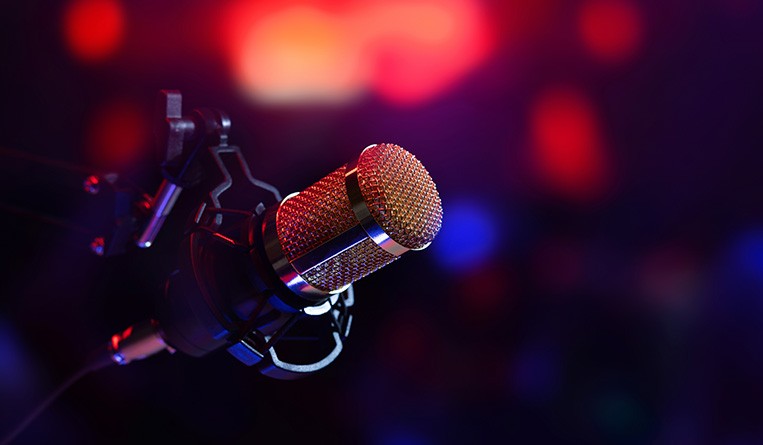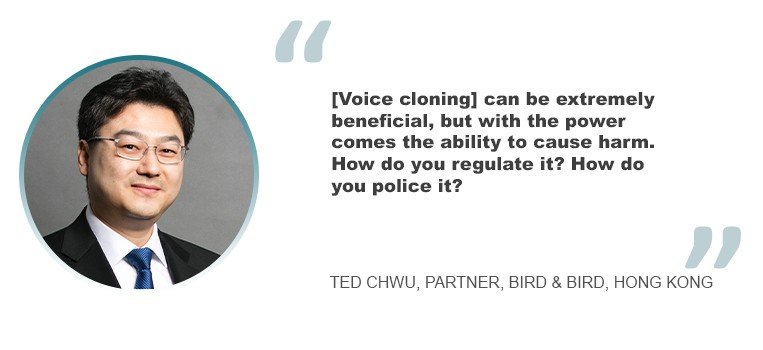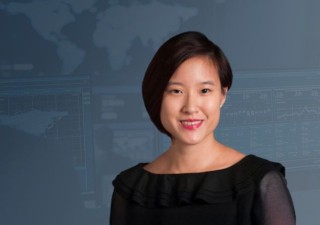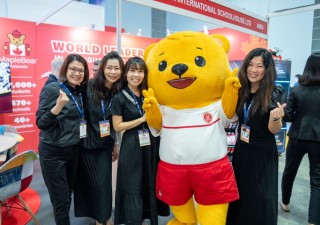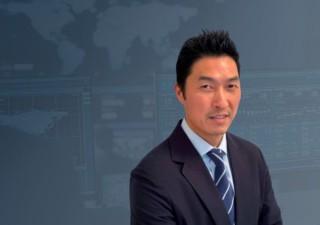“The work isn’t as good; the client often doesn’t want to pay as much. They know they can get you cheaper as a robot voice or simply someone cheaper,” Clarke tells Asia IP. This sentiment echoes concerns across the creative industry, where many artists face similar issues. The ease with which AI can clone voices and replicate artistic styles has raised significant questions about ownership and rights transfer.
Clarke parallels visual arts, where AI tools have begun replicating artistic styles and raising concerns about the unauthorized use of artwork in recent years. “In all other aspects of acting and the art world, there are protections for artists when it comes to reuse and resale,” she pointed out.
“I could do a job for the BBC in 2012, and, if in 2016, they wanted to sell it to Netflix, say, they would pay me a residual. It should be the same for generative AI. I don’t understand why they feel exempt from these protections,” Clarke said.
She argues that the unchecked growth of AI in creative fields threatens to undermine the value of artistic work and exploit artists. “They’re destroying creative industries in their drive for what they would call progress,” Clarke said.
“I wouldn’t call it progress, but I certainly call it profit for them.” Clarke’s situation highlights a broader issue in the creative industry: while high-profile artists may have the means to seek legal recourse, those without significant resources often find themselves with limited options for protection and compensation.
Many voice actors wonder whether they can hold their importance and value in the creative industry, competing against their digital doppelgänger and lower-cost voice actors. “You’re now competing against your robot voice for jobs; it has impacted the whole industry, the standard that we all try to uphold by holding our line when it comes to rates,” said Clarke. As she is taking action, she has contacted four lawyers who have given her other answers for the past year and a half.
Voice ownership beyond borders
As technology crosses borders, local laws often lag, creating confusion over voice ownership. In some areas, personality rights may protect voice but not copyright. The legal landscape varies widely, with different regions offering diverse levels of protection through personality rights, publicity rights, and copyrights. Legal actions depend heavily on the jurisdiction and specific case.
On April 23, 2024, the Beijing Internet Court ruled on the first case of AI voice infringement. The court decided against a defendant who used a voice actor’s voice to train generative AI without permission. As of August, neither party has appealed, and the ruling is effective. The new Civil Code of the People’s Republic of China includes a section on personality rights, explicitly protecting voices for the first time.
Senior Judge Zhao Ruigang stated: “It is important to note that, as a type of personality right, a voice has a personal and exclusive nature. Therefore, any individual’s voice should be protected by law. Authorization for the use of recorded products does not imply authorization for AI processing of the voice. Unauthorized use or permission granted to others to use the voice from recorded products without the rights holder’s consent constitutes an infringement.”
The court found that the defendant’s use of the plaintiff’s voice for AI TTS development violated the plaintiff’s rights, ordering the companies to pay Rmb250,000(US$34,500) in compensation. The AI-generated voice closely mimics the plaintiff’s vocal characteristics, making it recognizable.
Although the voice-acting company owned the copyright of the recording, this did not include the personality rights of the voice actor. The company did not have the right to license these rights to the other defendants.
The Beijing Internet Court case does not reflect the situation in all jurisdictions. As AI technology advances, the lack of specific legal frameworks means that cases often refer to existing laws and regulations, such as copyright infringement, performers’ rights, publicity rights, and data collection or privacy rights.
“To our understanding in China, we have some precedents mainly focusing on the outcomes of AI, but not training materials for AI,” said Frank Liu, partner and head of Shanghai Pacific Legal. This reflects the overall trend observed, primarily as expressed through judicial decisions.


